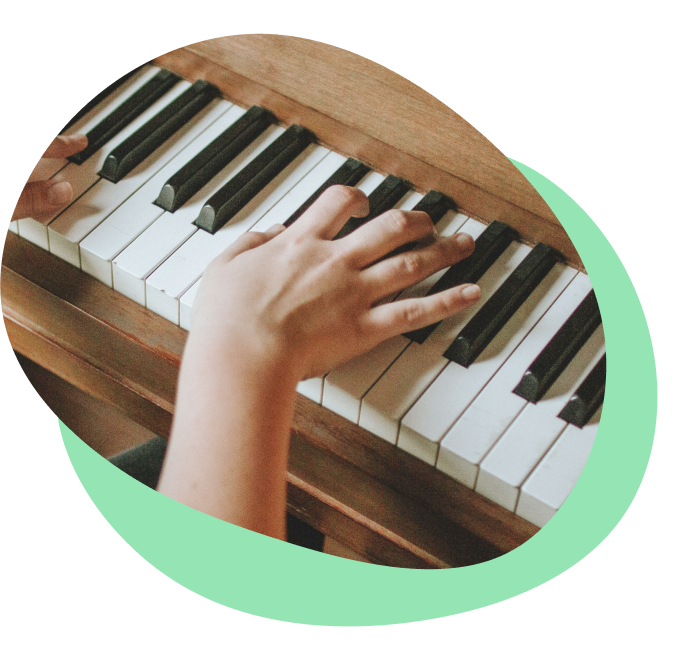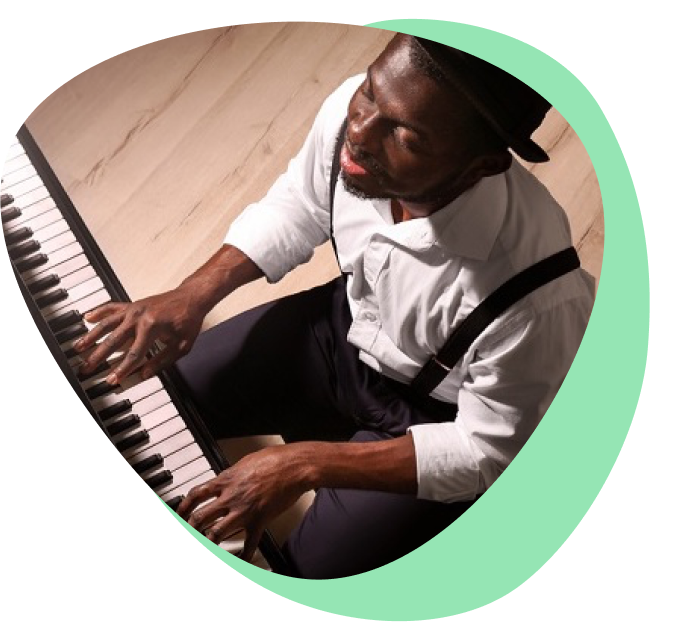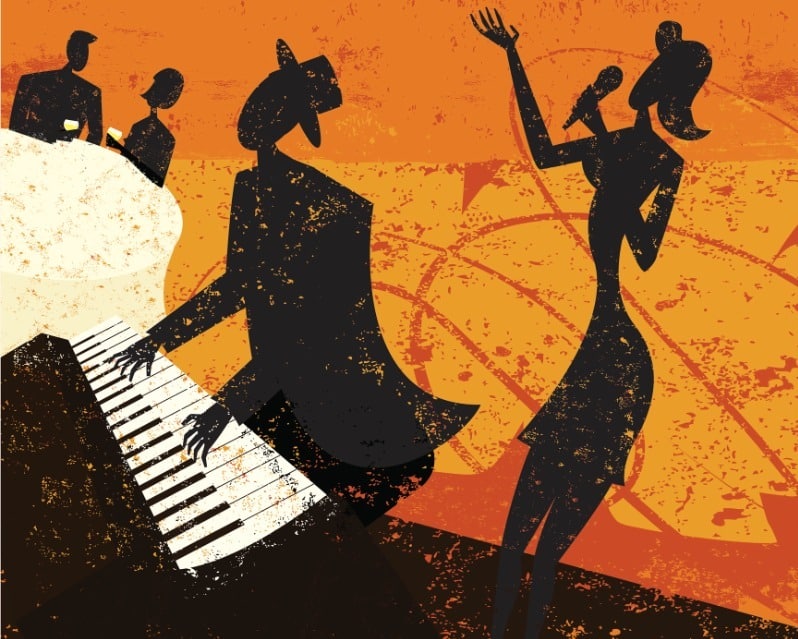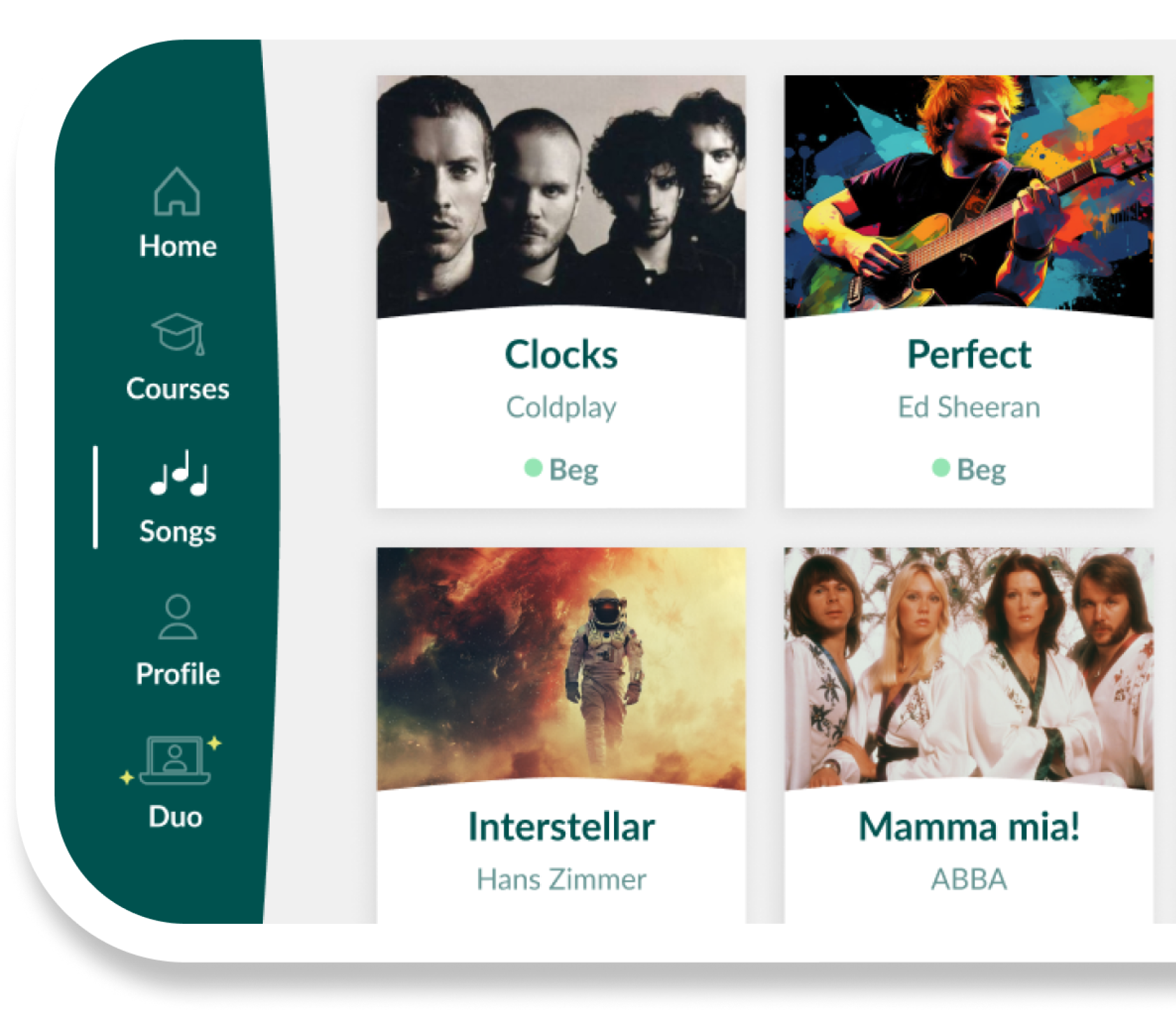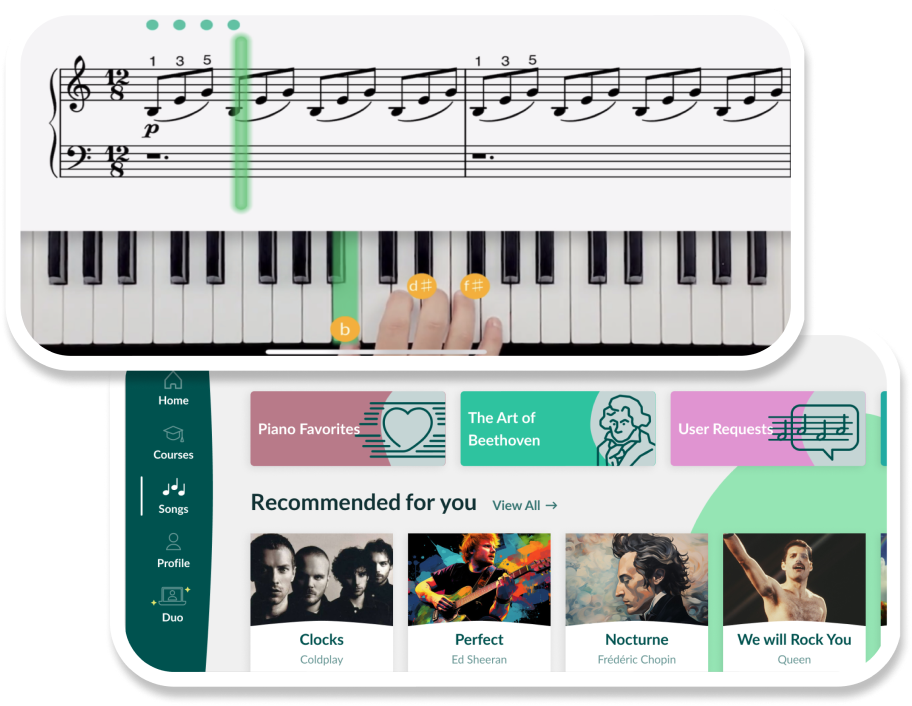Jazz is one of the most interesting, unique, and controversial musical inventions in recent memory. Much like rock and roll, funk, electronic, and hip-hop, jazz is part of the Black American music canon and is full of virtuoso musicians, iconoclastic characters, and a melodic, harmonic, and rhythmic language and history all of its own.
In April, the National Museum of American History and Smithsonian celebrate Jazz History Month. So, to honor the legacy and history of this music, let’s explore some of the iconic piano recording milestones in the history of jazz and jazz music.
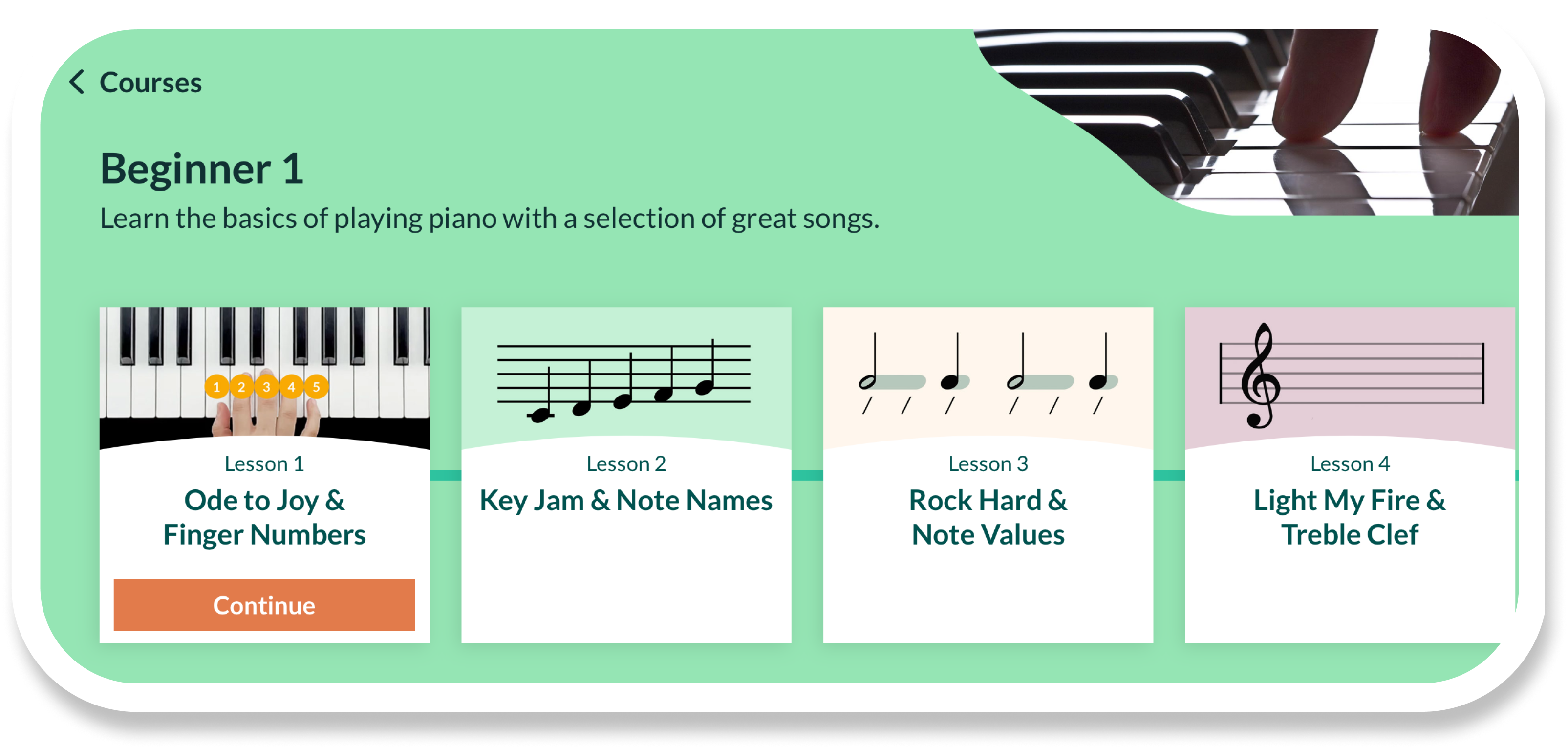
What is Jazz Appreciation Month?
Jazz Appreciation Month was created in 2001 by the Smithsonian Jazz Institute to “recognize and celebrate the extraordinary heritage and history of jazz for the entire month of April.” According to their mission statement, the focus of the month is intended to “stimulate and encourage people of all ages to participate in jazz – to study the music, attend concerts, listen to jazz on radio and recordings, read books about jazz, and more.”
Of course, any chance we have to focus intently on a particular style, method, and history of creative music-making is an opportunity we should jump at! Try coupling this study with online piano lessons to double your learning potential!
The piano in jazz music
From Bud Powell, Thelonius Monk, and the pioneers of bebop to Bill Evans, Keith Jarett, and Chick Corea, all the way to contemporary legends like Robert Glasper and Herbie Hancock, the piano has had an undeniable impact on jazz music. Most, if not all, jazz musicians have some skills with piano notes and many of the greatest achievements in piano music of the last century have been made by jazz musicians. Let’s explore some work by these great pianists.
Bud Powell and Thelonius Monk
Bud Powell and Thelonius Monk were two pianists active primarily in New York around the birth of bebop. The music that would become known as bebop was created by the milieu of musicians that would frequent an after-hours nightclub in Harlem, New York called Minton’s Playhouse. It was there that pianists Monk and Powell met up, played, experimented, and hung-out with other forward looking players like the saxophonist Charlie Parker, guitarist Charlie Christian, drummer Max Roach, bassists Oscar Pettiford, and trumpeter Dizzy Gillespie among others.
The music these musicians created differed in many ways from the contemporary jazz music of the time. The tempos were dramatically faster, the harmonic rhythm of the music increased via the use of passing chords, altered harmonies and jazz piano chords, and the rhythmic roles of the musicians developed in new ways.
Both Powell and Monk were two of the key architects in this new style. Compositions of Monk’s such as “Ruby My Dear”, “In Walked Bud” (for his friend Bud Powell), and “‘Round Midnight” and Powell’s tunes “Dance of the Infidels” and “Bouncing With Bud” are still studied and performed by jazz musicians today.
Bill Evans, Keith Jarrett, and Chick Corea
The era of bebop began to branch into different styles and jazz music began to incorporate different influences and directions. Three important pianists came to prominence, primarily through the bands of Miles Davis and Art Blakey, and became extremely influential musicians in their own right.
Bill Evans piano playing on Miles Davis’s album Kind of Blue is some of the most revered piano playing of all time. Evans’ sense of space and melodicism, combined with his rich harmonic sense produced some amazing solos, compositions, and piano chords that are important knowledge for all pianists.
In particular, his compositions “Blue in Green” and “Waltz for Debby”, and his album Sunday at the Village Vanguard are necessary to study.
Kieth Jarrett is often regarded as one of the best, if not the best, improvising pianist of all time. He got his start working in Art Blakey’s band, The Jazz Messengers, and went on to build a prolific and extensive career as a performer, composer, and band leader. He is probably best known for his work on the ECM label and his live record The Köln Concert. The Köln Concert is a live recording of Jarrett at the Köln Opera House and is still the best-selling solo album in jazz history. Jarrett was a virtuoso of the highest order, able to effortlessly switch between jazz harmonies and melodies, rock, gospel, and blues styles, and classical piano repertoire.
A third pianist from this era of jazz music that all pianists should know is Chick Corea. Corea’s career began in New York in the early 1960’s. By the late 60’s, he was performing and recording in Miles Davis’s band alongside Keith Jarret and others. He primarily played electric piano with effects during this period.
After leaving Davis’s group, Corea would go on to form some of the most influential bands of the next three generations and would compose and record some of the defining albums of the era. Like Jarrett, Corea was equally adept and interested in the worlds of jazz and classical piano, as well as rock and Latin styles and rhythms.
Contemporary players
Obviously, the world of jazz piano is so vast and expansive that one cannot possibly explore all of it in one single month. It takes years of listening and study to explore all the facets and nuances of an artist’s career.
One such pianist that continues to have an amazingly prolific and influential career is Herbie Hancock. Hancock is of the same generation of pianists as Keith Jarrett and Chick Corea. He grew up performing with Miles Davis’s second quintet, one of the most iconic small jazz ensembles of all time.
After leaving Davis’s group, Hancock went on to develop a funk-influenced jazz style that became and remains incredibly influential. His early albums from Blue Note records are immensely influential for pianists as is his continued exploration and search for new sounds and collaborations. He is still touring with his band at the age of 80!
Contemporary jazz music has incorporated elements from hip-hop, RnB, electronic, rock, funk, and other genres of Black American Music in fresh and interesting ways. There are many musicians pursuing music in this sort of direction. One prominent musician from the last two decades is the pianist Robert Glasper. Glasper’s series of albums Black Radio have helped pioneer a new blend of musical styles.
Notable pianists cheat sheet
Year | Notable figure | Event |
| 1952 | Bud Powell | Dance of the Infidels |
| 1957 | Thelonius Monk | Live at Carnegie Hall |
| 1961 | Bill Evans | Sunday at the Village Vanguard |
| 1972 | Chick Corea | Return to Forever |
| 1974 | Herbie Hancock | Thrust |
| 1975 | Keith Jarrett | The Köln Concert |
| 2012 | Robert Glasper | Black Radio |
Bringing it all together
Jazz history is an expansive, deep, and profound realm to explore. There are so many great musicians to listen and learn from and the piano has played an integral role in the development of the music, melodically, harmonically, and rhythmically.
Take some time this month to dip your ears and fingers into the world of jazz piano. Check out some new recordings and read some history or interviews with new artists. And always, be sure to check out the jazz piano lessons from Skoove!
Author of this blog post:

Eddie Bond is a multi-instrumentalist performer, composer, and music instructor currently based in Seattle, Washington USA. He has performed extensively in the US, Canada, Argentina, and China, released over 40 albums, and has over a decade experience working with music students of all ages and ability levels.




